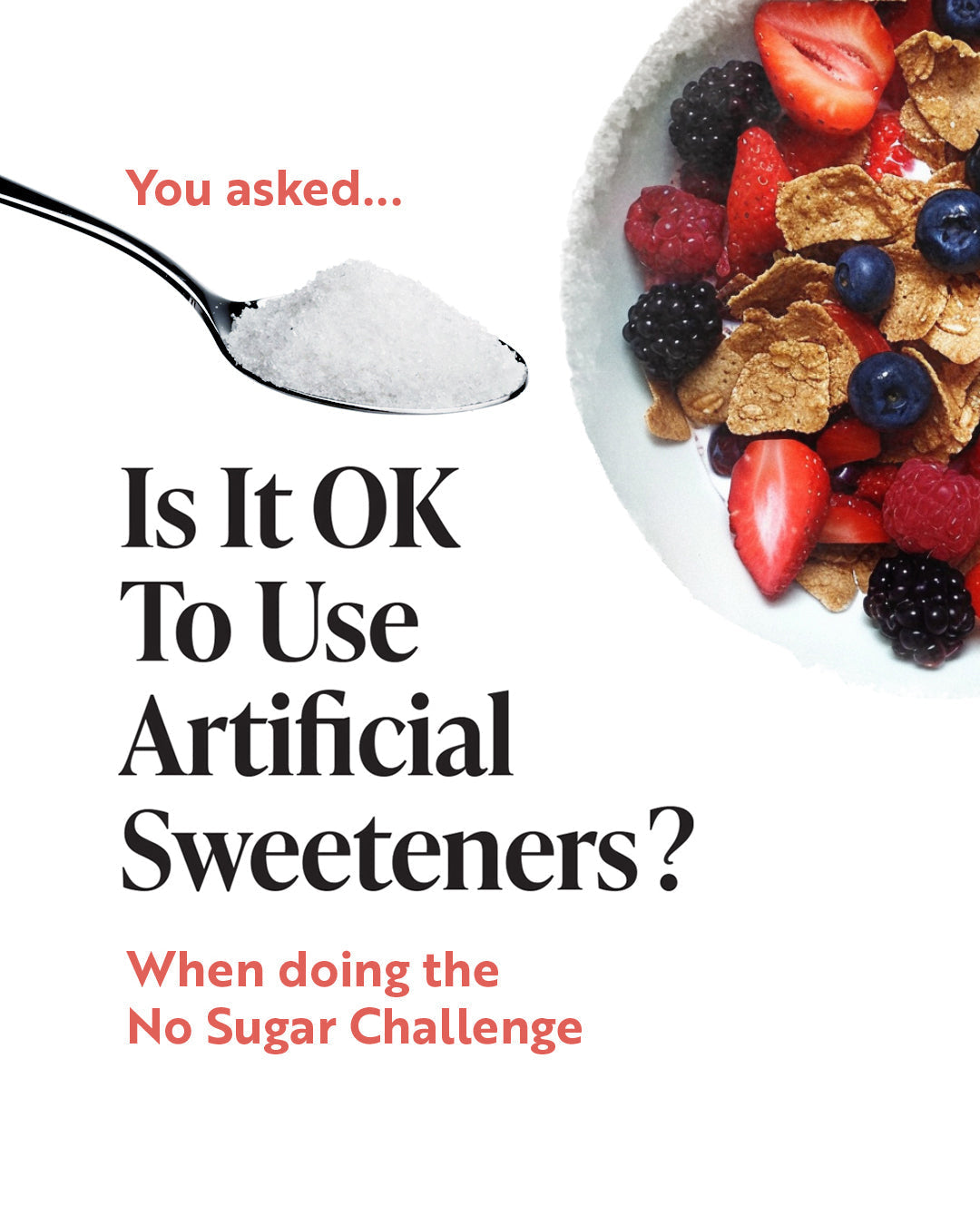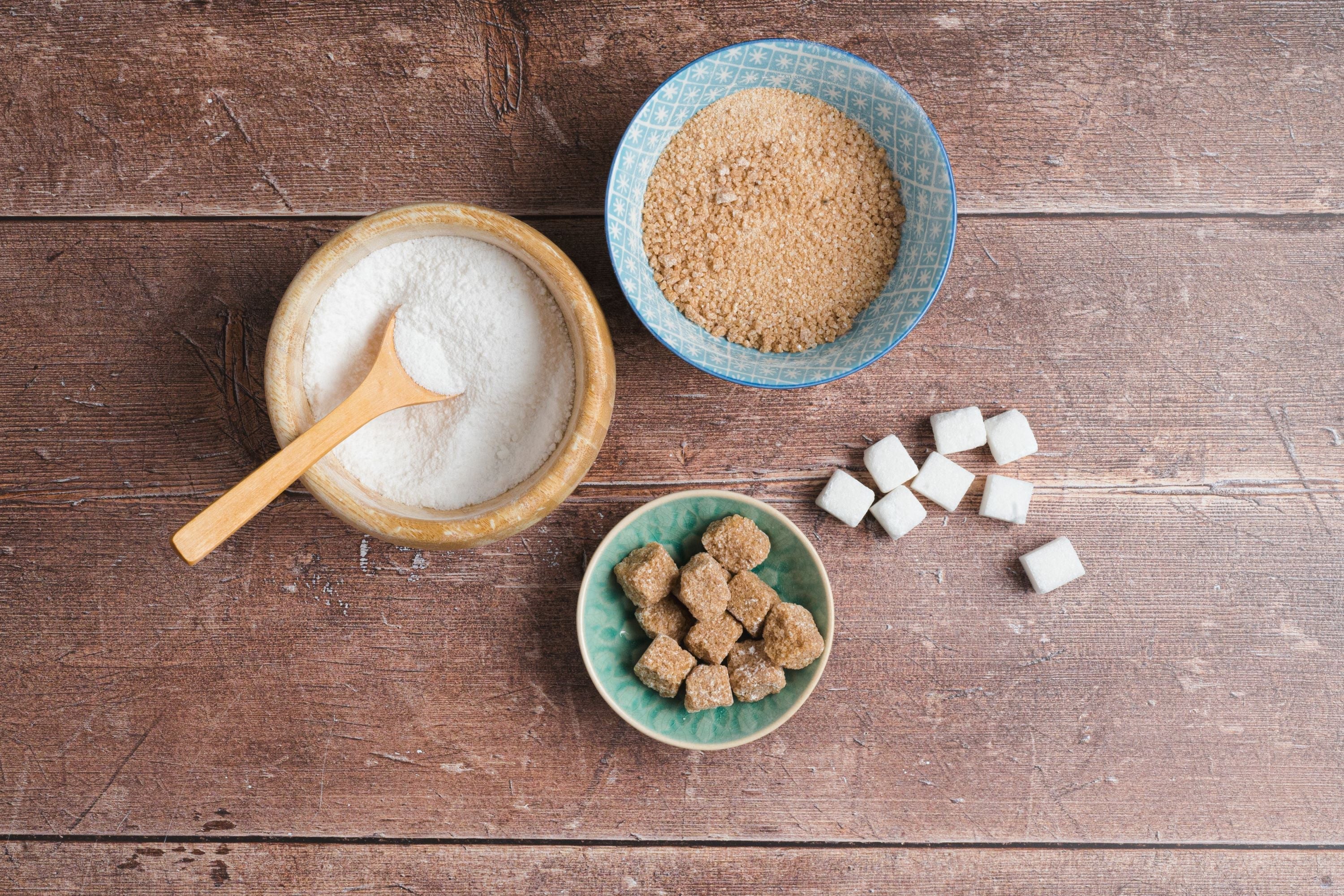
Maintaining a healthy body composition can have huge benefits. Exercise, diet and natural ways to support satiety, blood glucose and GLP-1 are key to this. But how is body composition different to body weight?
Body weight
Body weight is the overall mass of the body, which includes body fat, muscle, water, and bone. Focussing solely on weight can sometimes be an unreliable way at looking at our health, as the number doesn’t distinguish between fat and muscle. Individuals like athletes can sometimes have higher muscle mass, and higher body weight and BMI, however they are still fit and healthy. Similarly, those with moderate fat and high lean muscle can also be healthy.
Daily weight can also change due to factors like water retention which are affected by hydration levels, sodium intake, hormonal changes, inflammation and medications. So you could gain or lose several kilogrammes in a day unrelated to muscle or fat. Women are more likely to have water retention due to changes in hormones through the menstrual cycle, especially during the luteal phase the week before the period starts which can cause temporary weight gain.
Despite the negative perception of body fat, or adipose tissue, in the right proportions it has many physiological roles. It forms a natural layer of insulation, stores and releases essential hormones, stores vitamin D and acts as an energy reserve in times of illness.
The ideal amount of body fat changes depending on factors like sex, life stage and age. In general, women have a higher body fat percentage due to its role in hormone regulation for menstrual cycles and reproduction. On average the ideal ranges of body fat for men are 10-19% and for women, between 21-33%. However, too much body fat can increase the risk of developing health conditions such as heart disease, stroke and type 2 diabetes. To achieve optimal health, it’s beneficial to reduce body fat to within these ideal ranges.
Body composition
Body composition differs from body weight in that it considers differences in ratios of muscle, fat, water and bone weight in the body, compared to overall body weight.
Changing body composition is a complex process and it can be impacted by many different factors:
- Metabolism and mitochondrial function
- Hormones
- Medication
- Level of activity
- Calorie intake
Lifestyle habits and diet modifications to maintain healthy body composition
For those looking to maintain a healthy body composition, the following dietary and lifestyle tips can be followed.
Exercise
Exercise can temporarily boost your metabolism, helping you burn more calories. This can reduce the likelihood of excess calories being stored as fat, especially when combined with a balanced diet. Try to incorporate daily movement and exercise to strengthen muscles. Body weight exercises like skipping are excellent but for added benefits, resistance training using weights can help to build more muscle. Changing your body composition to include more muscle mass helps increase metabolism, meaning more calories get burnt at rest.
Diet
Increasing the feeling of fullness and satiety at every mealtime is key to helping reduce overeating and snacking and help to support overall body weight. Ensuring meals have a good portion of protein and fibre can help to make you feel fuller which allows you to have a smaller portion which is just as nutritionally rich.
Protein is essential to help with muscle function and muscle building. For those who have less protein in their diet, it’s recommended to supplement with extra amino acids which are the building blocks of protein.
Consuming dietary fibre can help to reduce the risk of obesity and reduce total fat and visceral fat accumulation. Fibre helps to slow food digestion and absorption and therefore slows the release of glucose and insulin responses. This helps to increase satiety and encourages fat to be used for energy production rather than be stored. Diets high in resistant starches, those that aren’t digested but instead fermented by gut bacteria, have been shown to increase levels of beneficial bacteria strains such as Akkermansia muciniphila.
There’s increasing evidence that this strain plays a role in metabolic health and levels are decreased in those with obesity and prediabetes compared to those with a healthy body composition. Certain fruits which can be found in powdered forms in supplements including baobab and acacia contain prebiotic fibres which have been shown to increase levels of Akkermansia muciniphila in the digestive tract.
Stress
Stress can increase levels of the stress hormone, cortisol and chronically high cortisol can increase appetite, especially for high fat and sugary foods. Try to include lifestyle changes to reduce stress like meditation or doing activities which bring you joy.
Ingredients to manage cravings and blood sugar
Excess sugar through the diet can turn into fat if glycogen stores in the liver and muscles are full. Including ingredients that reduce sugar cravings can be beneficial.
Chromium, an essential trace mineral, is involved in insulin’s function in managing blood sugar. In research it has been shown that chromium reduces food cravings by influencing neurotransmitters involved in appetite and mood. In one study, overweight adult women with carbohydrate cravings took 1000mcg of chromium as picolinate or placebo for 8 weeks. When compared to placebo, chromium significantly reduced food intake, hunger levels, and fat cravings and tended to decrease body weight.
Cinnamon, the well-loved spice, can help support sugar cravings through its action of supporting blood sugar levels. One study was performed to determine the effects of supplementation with cinnamon extract on fasting blood glucose and body composition in pre-diabetic men and women with symptoms of metabolic syndrome. Cinnamon extract significantly reduced blood glucose levels, and lean body mass when compared to placebo and there was a small, statistically significant decrease in body fat.
Natural appetite suppressants
Other supplements may help to support GLP-1, a naturally produced hormone which increases satiety, the feeling of fullness and reduces ‘food noise’, as well as being involved with other digestion mechanisms. Fenugreek, a popular spice, contains a compound called N55 which acts as a modulator for GLP-1 and may help to suppress appetite.
Nopal cactus is another natural ingredient which has a high fibre content and has the potential to promote satiety. Nopal aids glucose regulation, reduces fat absorption and increases fat excretion. Nopal also has natural diuretic properties which can be beneficial in fluid retention which is a factor for weight in many people.
For those who choose to take a GLP-1 injections, taking a quality multivitamin helps to fill any nutritional gaps which might be missing from dramatically cutting down food intake. Choose a multivitamin which contains the fat-soluble vitamins A, D, E and K as well as B vitamins. It’s also important to include adequate protein through the diet to prevent muscle wasting.
Conclusion:
Looking at healthy body composition can reap benefits in more ways than one and takes into account differences in ratios of muscle, fat, water and bone weight in the body, compared to focussing solely on overall body weight. Fortunately, there are a number of lifestyle changes and ingredients that can support with cravings and blood sugar along with natural appetite suppressants, available as food supplements.
When looking at supplements, choose ones that are free from artificial additives and fillers and contain active ingredients. For more information about diet, supplements and lifestyle advice, visit your Local Independent Health Food Store. To find your nearest one, visit www.findahealthstore.com.
Author: Eleanor Faulkner, BSc, is a Nutrition Advisor at Viridian Nutrition. She holds a BSc honours degree in Food Technology with Nutrition.
References
Anderson, R.A., Zhan, Z., Luo, R., Guo, X., Guo, Q., Zhou, J., Kong, J., Davis, P.A. and Stoecker, B.J., 2016. Cinnamon extract lowers glucose, insulin and cholesterol in people with elevated serum glucose. Journal of traditional and complementary medicine, 6(4), pp.332-336.
Anton, S.D., Morrison, C.D., Cefalu, W.T., Martin, C.K., Coulon, S., Geiselman, P., Han, H., White, C.L. and Williamson, D.A., 2008. Effects of chromium picolinate on food intake and satiety. Diabetes technology & therapeutics, 10(5), pp.405-412.
Chou, I.W., Cheng, Y.H., Chen, Y.R., Hsieh, P.C.H. and King, K., 2017. Fenugreek Compound (N55) lowers plasma glucose through the enhancement of response of physiological glucagon-like peptide-1. Scientific Reports, 7(1), p.12265.
Naito, Y., Uchiyama, K. and Takagi, T., 2018. A next-generation beneficial microbe: Akkermansia muciniphila. Journal of clinical biochemistry and nutrition, 63(1), pp.33-35.
The information contained in this article is not intended to treat, diagnose or replace the advice of a health practitioner. Please consult a qualified health practitioner if you have a pre-existing health condition or are currently taking medication. Food supplements should not be used as a substitute for a varied and balanced diet.







